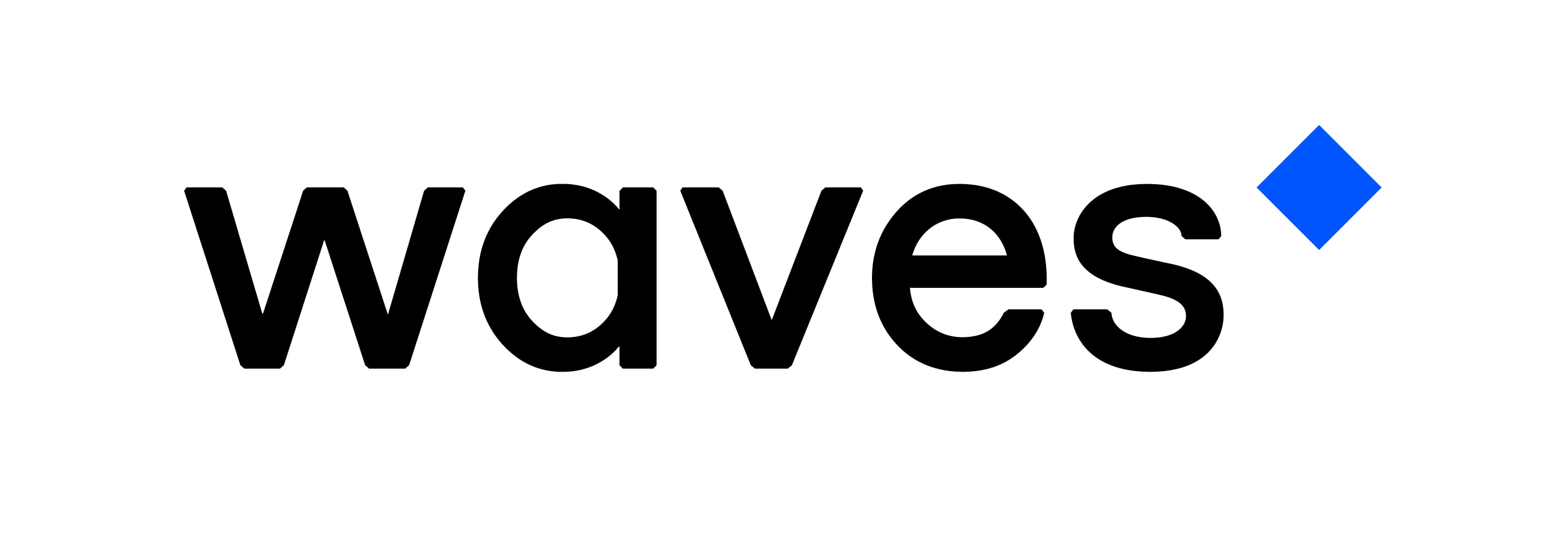In the world of cryptocurrency, innovation takes many different forms. Whereas most people pay attention to Bitcoin exclusively, it is not the only currency with some innovative features. Waves, for example, recently introduced its smart contract functionality.
More Smart Contract Solutions is a Good Thing
Competition is heating up in the world of smart contract technology. Although most people rely on Ethereum for this functionality, there are other currencies and blockchain platforms implementing similar features. Even Bitcoin will have access to smart contracts at some point, courtesy of projects such as Rootstock. More solutions means more options, which is excellent news for developers and enthusiasts.
The latest currency to enable smart contract functionality is none other than Waves. This particular alternative cryptocurrency and blockchain project has been on many people’s radar. With smart contracts now becoming part of the ecosystem, a lot of interesting developments might take place in the months to come.
It is important to put this news into its proper perspective. The Waves smart contracts are currently available on the testnet only, although an official mainnet release will occur in the near future. A public testing of this technology is always advised prior to letting the general public experiment with code. Avoiding issues and bugs is still a top priority at this stage.
The implementation of Waves smart contracts is scheduled to take place in two stages. First, we will see non-Turing complete contracts offering basic functionality and features. Once those are thoroughly vetted and found to be secure, the next stage will roll out. That phase will lead to fully Turing complete contracts.
As is always the case, most people will be interested in the functionality being brought to the table. In the case of Waves, new features include two-factor authentication-based multisignature wallets, atomic swaps, an option to freeze tokens, and decentralization applications. There will be a lot of focus on the latter aspect, as decentralized applications are seemingly the next logical evolution of blockchain technology and cryptocurrency.
For now, the community will have to wait and see which features will be provided through the testnet implementation. Having more blockchain ecosystems which support decentralized applications is a positive development for the industry as a whole. Although there may not necessarily be a sense of competition among different projects, multiple versions of the same technology are a necessity for developing a more robust ecosystem overall.

